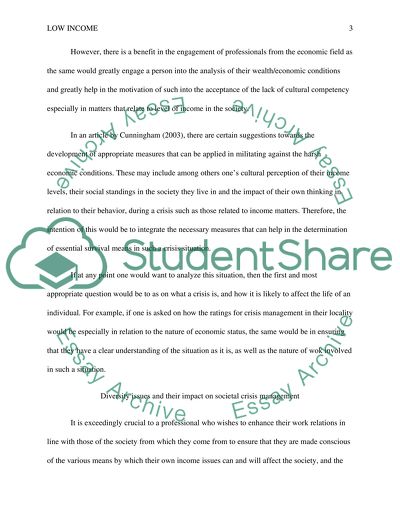Cite this document
(“Low Income Research Paper Example | Topics and Well Written Essays - 2000 words”, n.d.)
Low Income Research Paper Example | Topics and Well Written Essays - 2000 words. Retrieved from https://studentshare.org/sociology/1495271-low-income
Low Income Research Paper Example | Topics and Well Written Essays - 2000 words. Retrieved from https://studentshare.org/sociology/1495271-low-income
(Low Income Research Paper Example | Topics and Well Written Essays - 2000 Words)
Low Income Research Paper Example | Topics and Well Written Essays - 2000 Words. https://studentshare.org/sociology/1495271-low-income.
Low Income Research Paper Example | Topics and Well Written Essays - 2000 Words. https://studentshare.org/sociology/1495271-low-income.
“Low Income Research Paper Example | Topics and Well Written Essays - 2000 Words”, n.d. https://studentshare.org/sociology/1495271-low-income.


